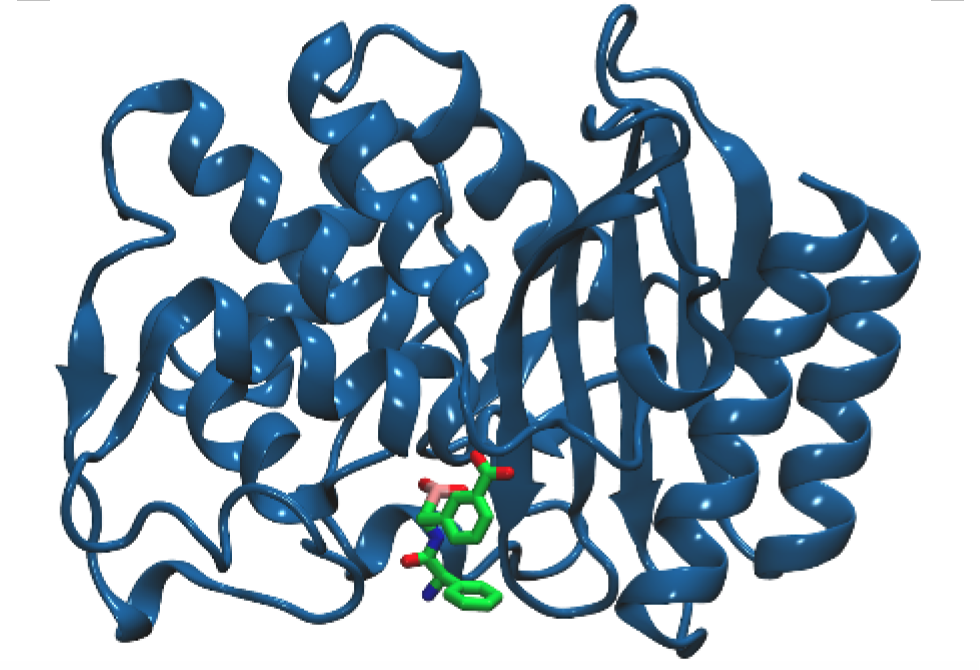
PROVIDENCE, R.I. [Brown University] — Few questions in biology are as fundamental as how our DNA leads to our traits. To help to answer that question — which has implications for everything from better understanding evolution, to applications in biotechnology, agriculture and human health— two Brown University scientists will join in a new national collaboration funded by the National Science Foundation.
In a four-year project, the team will investigate how mutations cause differences in the way that proteins encoded by genes fold and bind. Folding and binding play key roles in protein interactions in cells that give rise to traits in the body. University of Idaho physicist Marty Yterberg leads the project, which includes Brown faculty members Daniel Weinreich, an associate professor of ecology and evolutionary biology, and Brenda Rubenstein, an assistant professor of chemistry.
“The fulcrum for all the work is the premise — to be tested — that by considering simple rules of biophysics we can predict what a mutation will do to its protein,” Weinreich said.
Through the project, the team will model and then experimentally test how different mutations might affect each of six different proteins. Weinreich is an expert on the genetics and biology of the enzyme TEM-1 beta-lactamase, which helps to make bacteria drug resistant. But some mutations, or combinations of them, can undermine that trait. In the case of TEM-1, for example, the ability to fold into its normal configuration is necessary for it to become active — and the ability to bind to antibiotics is necessary for it to hinder the drug’s efficacy. Weinreich will lead the experimental testing of the predictions of the physicists in the enzyme.
Rubenstein’s lab will perform some of that modeling, not only in TEM-1 beta-lactamase but also the respiratory syncytial virus (RSV) fusion protein. Working with computer simulations, she said she’ll develop an understanding down to the atomic scale of exactly how mutations that alter the chemical structures of different amino acids can affect the folding and binding of proteins.
Ultimately the entire study team will study TEM-1, RSV, HIV, dihydrofolate reductase, which is a key enzyme in malarial drug resistance, the lytic bacteriophage phiX174, and EgfA-PDF. They’ll predict and test single mutations and combinations in each, as they seek to learn more generally how mutation affects proteins and how that affects an organism’s traits.
The grant is part of NSF's Established Program to Stimulate Competitive Research, or EPSCoR (grant OIA-1736253)/p>